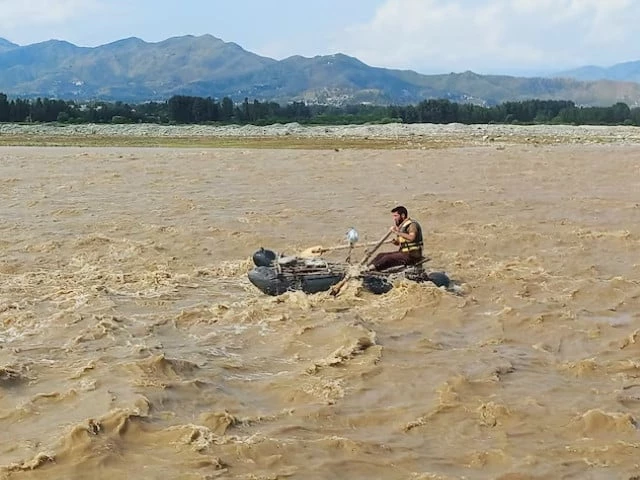Justice Panhwar Steps Down: What It Means for Pakistan’s Reserved Seats Case
In a surprising turn of events in Pakistan’s political landscape, Justice Salahuddin Panhwar recused himself from the bench handling the crucial reserved seats case on Friday. This decision comes amid ongoing deliberations by an 11-member constitutional bench led by Justice Aminuddin Khan.
On July 12, 2024, the Supreme Court ruled that 39 of the 80 MNAs listed were indeed elected as candidates of the Pakistan Tehreek-e-Insaf (PTI), positioning the party as the largest faction in the National Assembly. However, the National Assembly has yet to implement this ruling, and the Election Commission of Pakistan (ECP) has raised various objections, adding to the complexity of the situation.
Multiple political entities, including the Pakistan Muslim League-Nawaz (PML-N) and the Pakistan Peoples Party (PPP), have submitted review petitions to challenge the Supreme Court’s decision, which further complicates the case. The hearing was briefly adjourned but resumed shortly after, showing the urgency behind these proceedings.
Justice Panhwar’s recusal was rooted in concerns over his previous associations with key figures involved in the case, such as lawyers Faisal Siddiqui and Salman Akram Raja. He emphasized that his decision was not an admission of the objections’ legitimacy but rather a step to uphold the court’s integrity. This choice elicited mixed reactions in the courtroom; Advocate Hamid Khan praised him, while Justice Aminuddin Khan pointed out that the controversy originated from the conduct of those involved.
The bench has made it clear that it intends to proceed with daily hearings, demonstrating their commitment to resolving this contentious issue. During the discussions, PTI’s counsel advocated for the July 12 decision, drawing parallels to previous Supreme Court judgments to assert their position. This speaks volumes about the stakes involved and how the outcome of this case could impact Pakistan’s political fabric.
As these legal battles unfold, it’s clear that the dynamics in Pakistan are ever-changing. With past associations being scrutinized and multiple parties contesting decisions, the resolution remains to be seen. Engaging with such developments not only helps us stay informed but also fosters a deeper understanding of the political processes at play.
If you’re interested in following these and similar political updates, consider connecting with Pro21st for a more detailed exploration of current events in Pakistan!
At Pro21st, we believe in sharing updates that matter.
Stay connected for more real conversations, fresh insights, and 21st-century perspectives.





